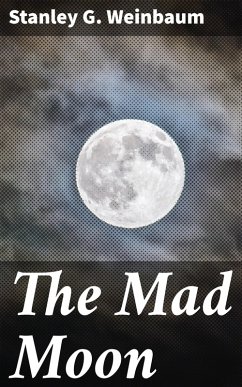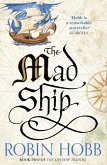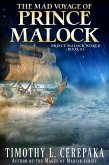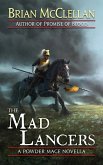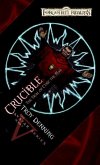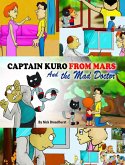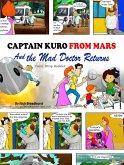In "The Mad Moon," Stanley G. Weinbaum crafts a compelling science fiction narrative that explores themes of alien life and human ambition. Set against the backdrop of a lunar landscape rich with bizarre and imaginative creature encounters, the novel showcases Weinbaum's distinctive literary style characterized by vivid descriptions, inventive world-building, and a nuanced portrayal of interspecies interaction. The work emerges from the broader context of early 20th-century speculative fiction, illustrating a shift from mere adventure tales to more profound philosophical inquiries into existence and morality amidst extraterrestrial encounters. Stanley G. Weinbaum, a pioneer of modern science fiction, was known for his innovative storytelling and his capacity to weave intricate plots with emotional depth. His experiences as a young writer and his interest in the possibilities of science and technology profoundly influenced his work. Weinbaum'Äôs innovative approach challenged the conventions of his time, allowing him to delve into the complexities of character psychology and ethical dilemmas resulting from humanity's encounters with alien civilizations. "The Mad Moon" is a must-read for enthusiasts of speculative fiction and those interested in the evolution of the genre. Weinbaum's work is not only entertaining but also thought-provoking, inviting readers to ponder philosophical questions about what it means to encounter the 'other.' Whether you are a long-time fan of science fiction or a newcomer to the genre, this story promises to captivate and challenge your perspectives.
Dieser Download kann aus rechtlichen Gründen nur mit Rechnungsadresse in A, B, BG, CY, CZ, D, DK, EW, E, FIN, F, GR, H, IRL, I, LT, L, LR, M, NL, PL, P, R, S, SLO, SK ausgeliefert werden.

